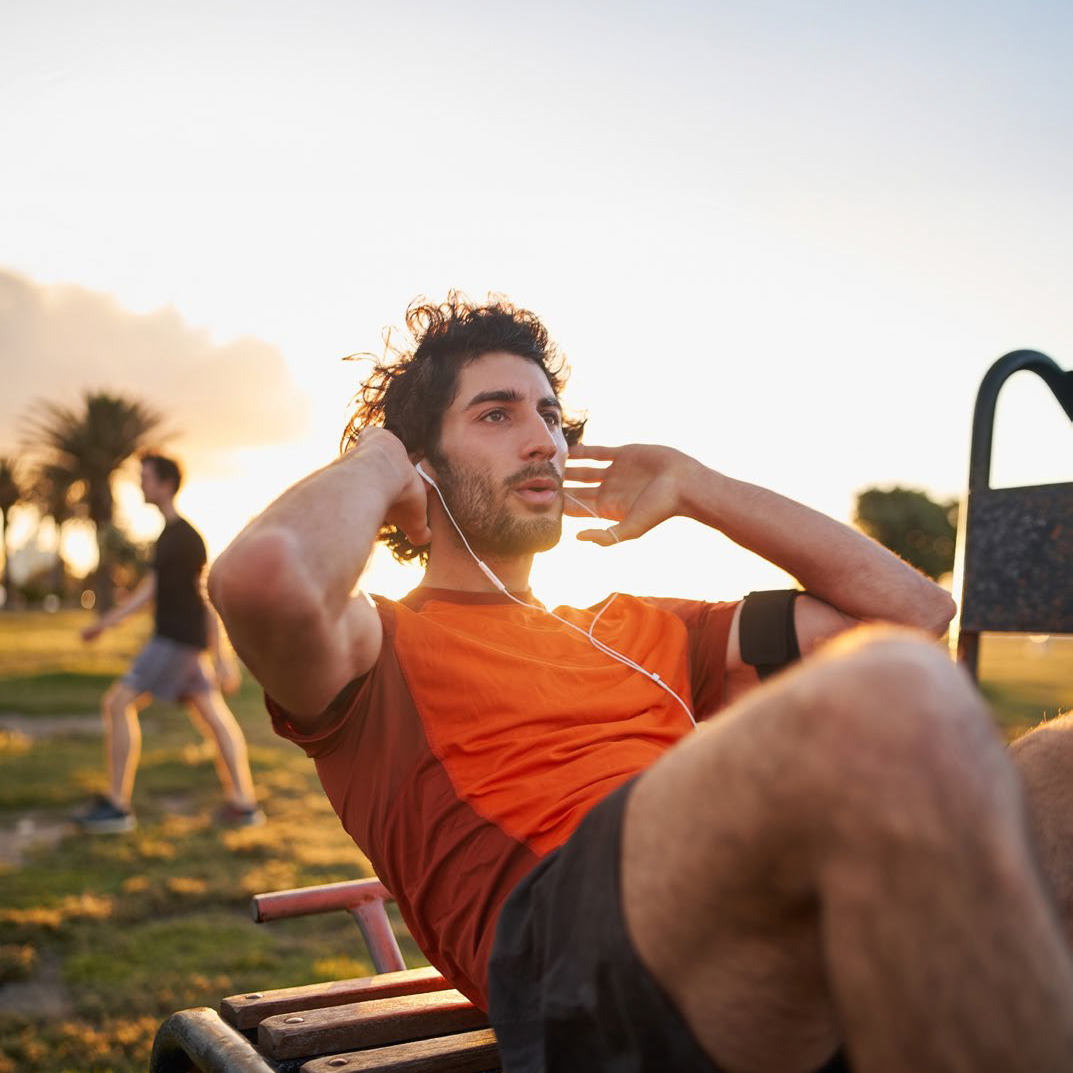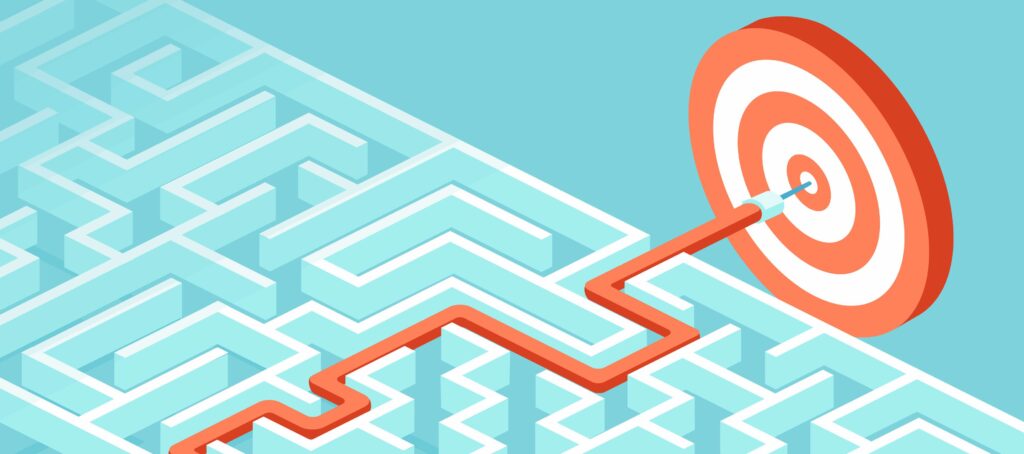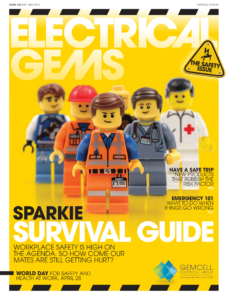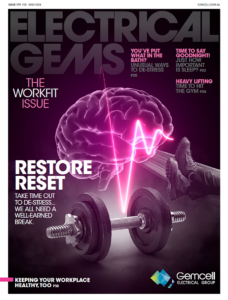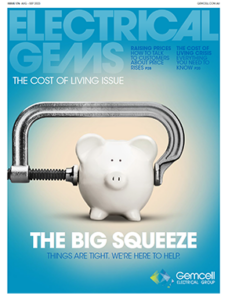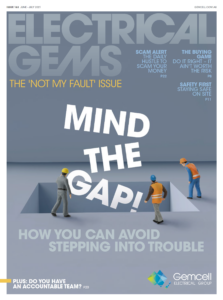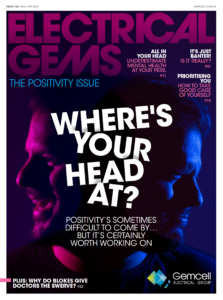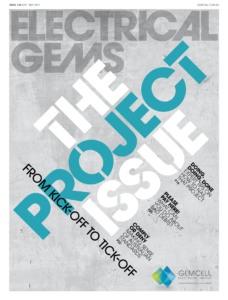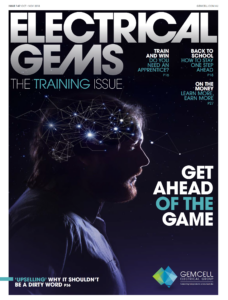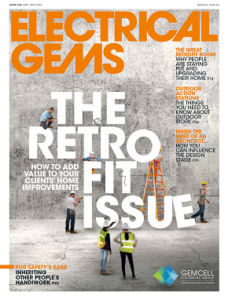Giving your head a workout
We all know that exercise is great for our physical health. But it’s also a pretty important part of keeping our mental health levels good, too.
After a tough, long day on the tools, the last thing you probably fancy is hitting the gym for a workout. After all, you’ve earned the right to sit back on the sofa, put your feet up and crack open a cold one.
But making the effort to fit in a regular exercise sesh during the week could make a world of difference.
Exercise offers significant mental health benefits, including reduced stress, improved mood, better sleep, and increased self-esteem,” says John Siachoque, a personal trainer with over 20 years of experience, and Founder of the sporting brand, Athletic.
“It can also enhance cognitive function, boost energy levels, and potentially alleviate symptoms of conditions like depression and anxiety.”
And to understand why, you need to know the science behind it all.
Understanding the exercise why
Physio Kieran Sheridan says, “The body releases endorphins when we exercise, which are our natural feel-good chemicals. But it doesn’t stop there. We also see a bump in dopamine, serotonin, and norepinephrine, which all help regulate mood, improve focus, and reduce that heavy, anxious feeling. Exercise literally helps our brain grow. Brain-derived neurotrophic factor (BDNF) protein supports the formation of new neural pathways. So if you’re dealing with depression or recovering from mental burnout, BDNF helps strengthen our ability to bounce back mentally, not just physically.
“If you’re under chronic stress, cortisol levels stay high. It isn’t bad in itself but if cortisol stays elevated, day in and day out, that will wear you down eventually. Sleep gets patchy. You get more prone to getting sick. Your mood flattens or swings. It all starts piling up. But if there’s regular movement, even for 15 to 20 minutes daily, you can burn some of that extra cortisol.”
Another aspect to consider in all of this is how hormonal health comes into the equation. Because while menopause in females rightly gets significant attention, the male equivalent happens very gradually, beginning in men’s 30s.
Adam Monteith, Founder of Evoker in Sydney, says, “Men begin to let the ‘old man’ in at age 30-40, when testosterone begins to naturally decline at 1% a year. Couple this with the stoic nature of most men –”nothing to see here” – and before you know it, the ‘grumpy old man’ has arrived home from work.
“He moves poorly, his strength is declining and he likely has pain or two… this cascades over a number of years and we eventually run into a man that is rather unhappy.”
The challenge? Getting started
So, we’ve established why exercise is important, but if you’re not in the habit, it can be a challenge to get going.
The good news is that you don’t have to start off with anything too strenuous.
Shane Warren, a Sydney-based psychotherapist, says, “A client I worked with, who was a builder by trade, started walking 20 minutes after work to ‘blow the cobwebs out’, as he put it. Within weeks, his partner reported he was sleeping better, had more patience with the kids, and seemed to be less cranky on the job. He didn’t suddenly become a yogi, but that small act of regular movement shifted his mental state more than years of trying to ‘tough it out’.”
Of course, it’s not a one-size-fits-all remedy here, and it’s certainly not a quick-fix solution – but it is a component of good mental health. Creating time for yourself to exercise is invaluable.
Shane says, “Some people find their happy place pounding the pavement, others get clarity under the barbell, and some need the quiet discipline of a yoga mat to settle their mind. It depends on your personality, lifestyle, and what kind of mental reset you’re chasing – stress relief, emotional regulation, confidence boost. Different moves for different moods.
“Experiment like a curious human, not a fitness martyr. Try walking, try boxing, try dancing in your living room like no one’s watching – and pray no one is! The key is to move in a way that feels good, not punishing. And don’t underestimate the power of social movement – sometimes we don’t need a gym, we just need a mate and a football.”
Finding something you enjoy is key, says John.
“It could be swimming, bike riding, yoga, walking, community sport, or something else.
“Once you find it, you’ll stick to it – and try to perform that activity at least three times per week.”
And advice for contractors in particular?
“Contractors usually have physical work and long hours so it’s hard to find time for any extra physical activity,” John says.
“The best way to overcome these barriers is to play social sports with friends or colleagues – that way it doesn’t feel like a task, but something that’s more of a social activity in a fun environment.”
Team kickabout after work, anyone?
Subscribe to Electrical Gems
Featuring topical issues in the industry, product reviews and emerging trends in local markets.



